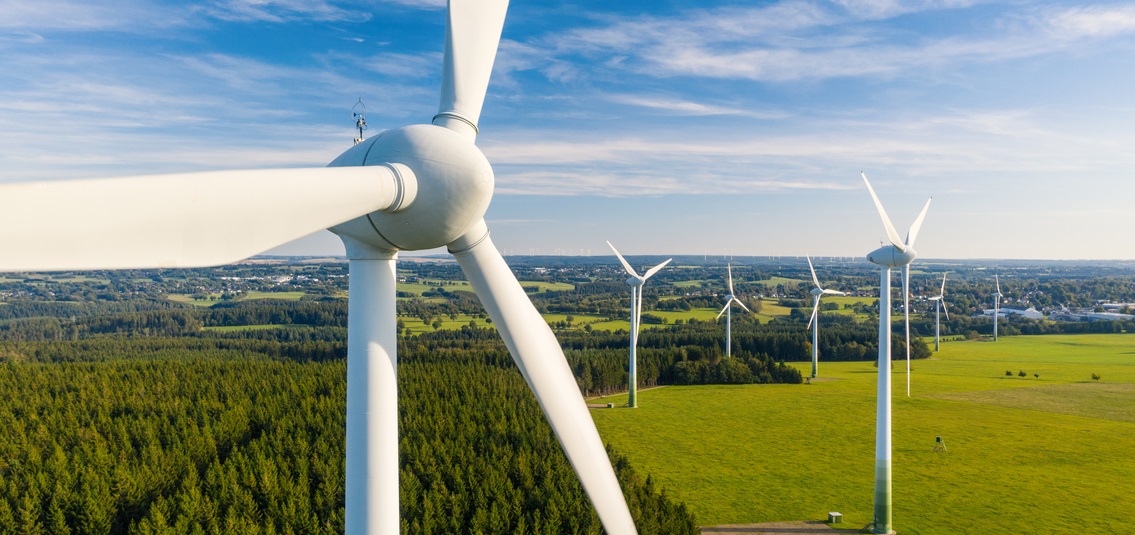A recent survey by the British Standards Institution (BSI) found that SMEs were overwhelmingly committed to the principle of carbon reduction, with 70% having either made or considered making a commitment to net zero. IT firm DataSolutions, for example, has implemented a number of measures, which include investing in electric cars and charging points, replacing a gas-burning office heating system with a more efficient heat pump system, and moving its enterprise resource planning (ERP) system and other corporate applications to the cloud. Having measured its carbon output in 2019 and again in 2020, the company is on track to become carbon neutral by 2022.
Its managing director, Michael O’Hara, said: “We recognise the environmental impact of our operations: the industrial and service sectors generate over 40% of global CO2 emissions. We want to play our part by becoming cleaner, greener, and more energy-efficient, and this will benefit our customers, our people, and the planet.”

